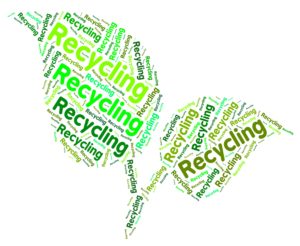
Metal Recycling Center 317-244-0700
To better understand the importance of metal recycling, continue reading to gather more information about the industry in general.
Steel and Aluminum Metal Recycling
The most common metals found in everyday households and businesses are steel and aluminum. When a person hears “aluminum”, they most likely think, soda can. Many people associate aluminum with pop cans, but what about other items made of aluminum that is recyclable? Recycling aluminum cans is a big part of metal recycling, and very encouraged; but there are other things made of aluminum to add to the recycling bin. For example, baking trays, kitchen foil, door knobs, laptops, bathroom fixtures, and more can all be made from aluminum.
When it comes to steel, there are various household items we wouldn’t normally think about recycling. Food cans, cutlery, and even garden shovels can all be made of steel; and all steel is recyclable. You can easily detect the difference between aluminum and steel by using a magnet. If the magnet sticks, the metal is steel; and if it does not stick, it’s aluminum. This is how metal is generally separated at a recycling center. They divvy up the nonferrous metals from the ferrous metals.
Non Ferrous Metal and Ferrous Metal
Ferrous metals are metals such as steel and iron. This includes scrap metal from cars, food cans, appliances, and more. This type of scrap metal is always high in demand, and continues to grow exponentially each year. Nonferrous scrap metal is made from the waste of metals like aluminum, copper, brass, lead, titanium, nickel, and more.
Recycle Metal at Home or Work
It is always a good time to start recycling at home or in the office. Doing your part to help the environment and assist in the reuse of precious materials is very rewarding for everyone and everything involved. It is better to reuse available resources rather than continuing to deplete our natural ones. It can be as simple as collecting food and soda cans. Just this little bit of effort goes farther than you think! If you have questions about recycling metal, follow up with a local metal recycling facility. One phone call can get you all the answers you need.
Indianapolis Metal Recycling

Indianapolis Metal Recycling 317-244-0700
